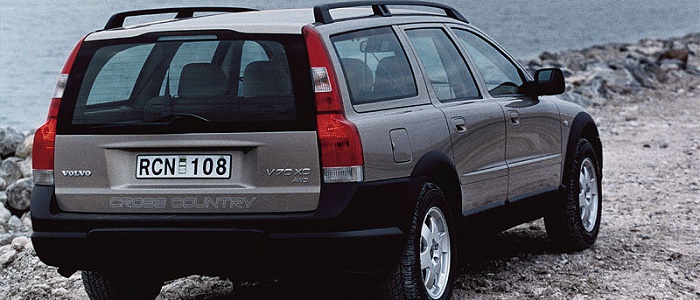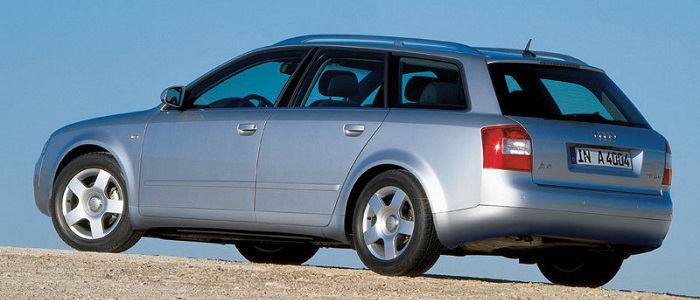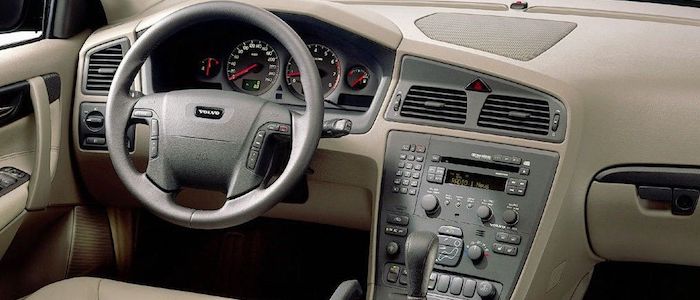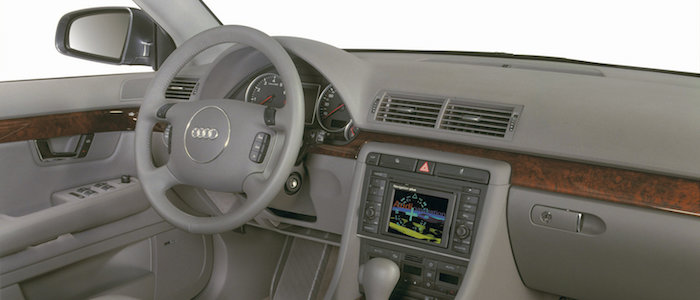Compare two cars
Compare any two cars and get our Virtual Adviser™ opinion
Dimensons & Outlines
Check vehicle history
Engine
Performance (manual gearbox)
Performance (automatic gearbox)
Expenses
Virtual Adviser's™ opinion
Two significantly similar cars, no doubt about that. Still, each one has something different to offer. Having both cars powered by petrol engines and utilizing the 5-door wagon body style within the same 'Large family car' segment, the only major difference here really is their wheel drive configuration (4 x 4 for the Volvo and front in the case of the Audi). The first one has a Volvo-engineered powertrain under the hood, a 5-cylinder, 20-valves 200hp unit, while the other one gets its power and torque from a 6-cylinder, 30-valves 170hp engine designed by Volkswagen.
SafetyBoth vehicles got tested by European New Car Assessment Programme (Euro NCAP), with the same number of safety stars gained in the process. Moving further on, let's take a closer look at some additional safety-related facts. Both vehicles belong to the large family car segment, which is generally a good thing safety-wise, but that fact doesn't break the tie between the two cars. Furthermore, if we'd like to consider vehicle mass in this context too, which we definitely should, the Swedish car offers a considerable difference of 11% more metal.
ReliabilityManufacturers have been building their reliability reputation for decades now and, generally speaking, it appears that Volvo does have a slight advantage, when all the models are taken into account. These are the results of an independent reasearch, while our visitors describe reliability of Volvo with an average rating of 3.2, and models under the Audi badge with 4.2 out of 5. The same official information place V70 as average reliability-wise, and A4 is more or less at the same level.We should definitely mention that owners of cars with the same powertrain as the Swedish car rank it on average as 4.8, while the one under the competitor's bonnet gets 5.0 out of 5.
Performance & Fuel economyVolvo is a bit more agile, reaching 100km/h in 0.4 seconds less than its competitor. Still, it lacks the power to win the top speed competition, topping at 210 kilometers per hour, 13km/h less than the other car. When it comes to fuel economy the winner has to be the German car, averaging around 9.6 liters of fuel per 100 kilometers (29 mpg), in combined cycle. We can't ignore that 9% difference compared to the Swedish car.
Verdict
Volvo appears just a bit more reliable, although the difference is truly marginal. The most important thing when deciding between any two vehicles should always be safety, both passive and active. In my opinion, everything taken into account, the Swedish car offers significantly better overall protection, taking the lead here. From there things take a different direction, with Audi offering somewhat better performance, just enough to call it quicker. To make things even better, it consumps less fuel! I believe that, when we take all into account, we have only one winner here - the Audi. Nevertheless, let's not forget that people have different preferences and needs, so what really counts is your personal feel. I'm only here to help. I suggest you spend two more minutes in order to find out which car, based on your needs and budget, would be picked by the virtual adviser™, among more than 12.000 different ones in our database.
































